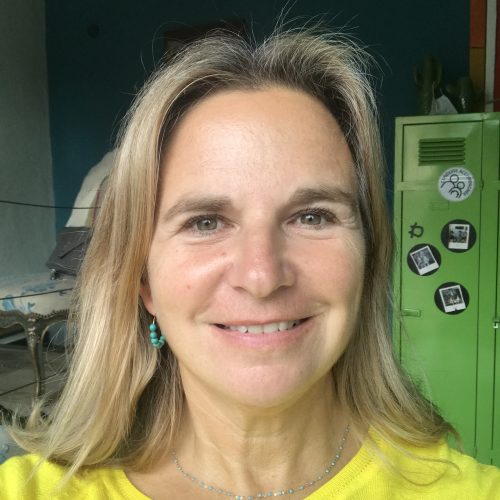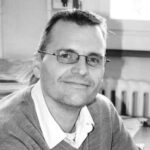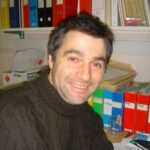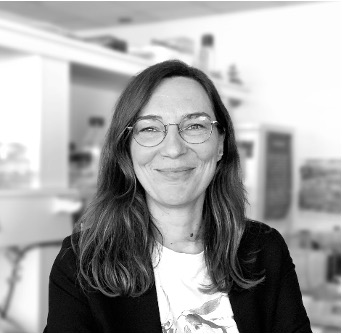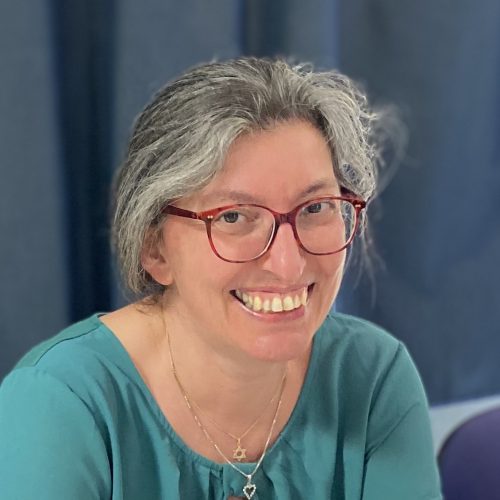
The LISM has a strong commitment to teaching at all levels
Many members of the laboratory participate in events with school children of different ages, introducing them to science in various contexts (Fête de la Science, teaching in high schools).
At University, the teaching staff in the laboratory are actively involved in the organization and teaching of the Biology undergraduate curriculum (Licence level); in particular courses in Molecular and Cellular Biology and Biochemistry. In the graduate curriculum (Masters level) members of the laboratory are particularly active in both the Microbiology and the Structural Biochemistry and Genomics (BSG) programs. Laboratory members also participate in programs for teacher training and pharmacy qualifications.
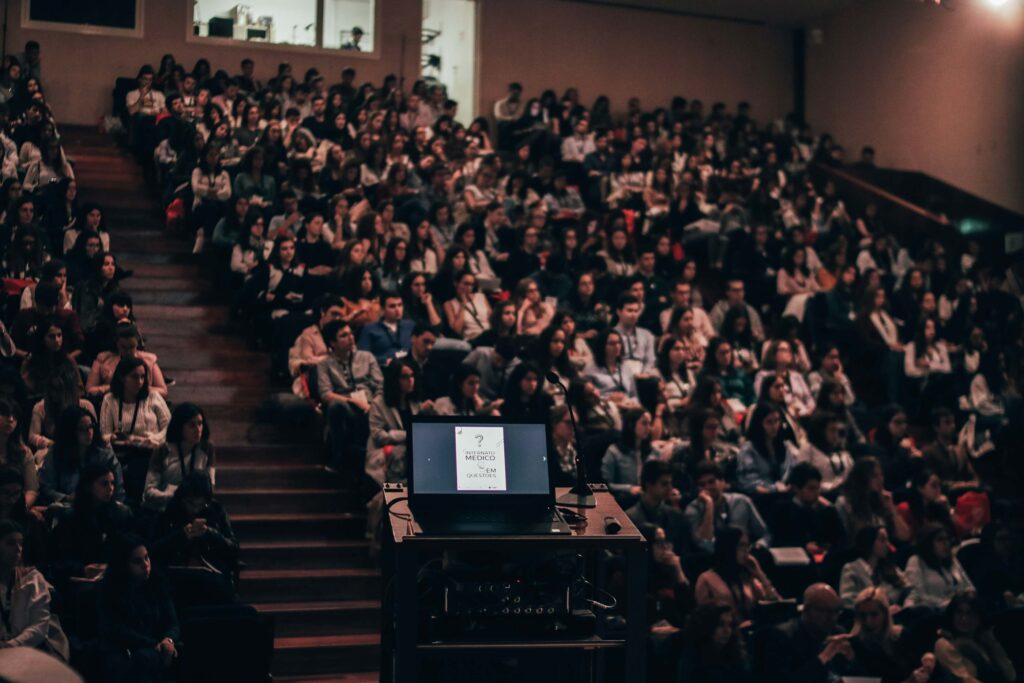
The LISM is an active participant in the Plinius cursus, the Microbiology Ph.D. program of the institute of Microbiology, Bioenergetics, and Biotechnology (IM2B), being involved in both the organization and the teaching. This program, which benefits our many Ph.D. students, aims to offer all doctoral students personalized and interdisciplinary teaching giving them the tools and skills necessary for the rest of their career in industry or academia at home or abroad.
Beyond formal teaching, the LISM is involved with students in various other ways. About 20 students per year, from BTS level to Licence or Master levels, do laboratory placements with the different teams of the LISM, contributing greatly to the laboratory. The LISM has developed a dedicated teaching lab and set-up, organized, and counselled the team from Aix-Marseille University in the iGEM competition since 2014. More recently, we have developed several practical courses for university students based on state-of-the-art research equipment available on the campus.
Laboratory members also participate in teaching at the national and international level (Ecole Centrale de Marseille, University of Ibadan, MIT, Wuhan Institute of Technology).
Education staff
Ressources
Licence level
Biochimie (Reactions Cellulaires)
- Supports des cours#1 (JS)
- Supports des cours#2 (JS)
- Supports des cours#3 (JS)
- Supports des cours#4 (JS)
- Supports des cours#5 (JS)
- Supports des cours#6 (JS)
- Supports des cours#7 (JS) et video.
- Supports des cours#8 (JS)
- Supports des cours#9 (JS)
- Annales
- Correction du Partiel
- Correction du Partiel 2015
- Correction du Final 2015
- Partiel 2016
- Correction du Partiel 2016
- Partiel 2017
- Correction du Partiel 2017
Biochimie et Machines Moleculaires
- Les support du premier cours
- Presentation sur les TER
- Cours ATP synthase et phage
- Cours de Nanoingenierie
Master level
Biochimie (Reactions Cellulaires)
- Supports des cours#1 (JS)
- Supports des cours#2 (JS)
- Supports des cours#3 (JS)
- Supports des cours#4 (JS)
- Supports des cours#5 (JS)
- Supports des cours#6 (JS)
- Supports des cours#7 (JS) et video.
- Supports des cours#8 (JS)
- Supports des cours#9 (JS)
- Annales
- Correction du Partiel
- Correction du Partiel 2015
- Correction du Final 2015
- Partiel 2016
- Correction du Partiel 2016
- Partiel 2017
- Correction du Partiel 2017
Biochimie et Machines Moleculaires
- Les support du premier cours
- Presentation sur les TER
- Cours ATP synthase et phage
- Cours de Nanoingenierie
PhD level
Comité de suivi individuel (CSI)
Le CSI assure un accompagnement de ce dernier pendant toute la durée du doctorat. Il se réunit obligatoirement avant l’inscription en deuxième année et ensuite avant chaque nouvelle inscription jusqu’à la fin du doctorat. Le renouvellement de l’inscription se fait après avis du CSI.
The CSI provides support for the student throughout the doctorate. It must meet before students enrol for their second year and then before each new enrolment until the end of their doctorate. Renewal of registration is subject to the opinion of the CSI.
Documents du CSI
Vous pouvez télécharger un modèle de rapport précédée des informations principales.
Référent de l’école doctorale 62 pour le LISM : Christophe Bernard


